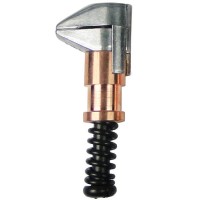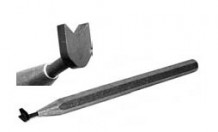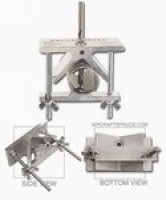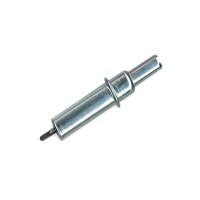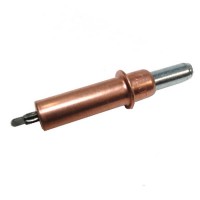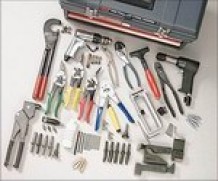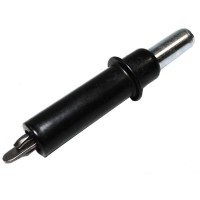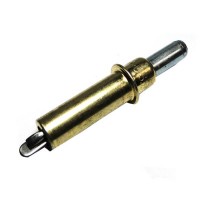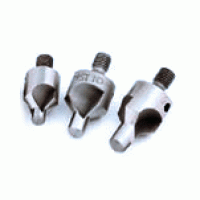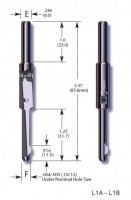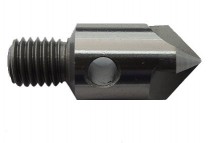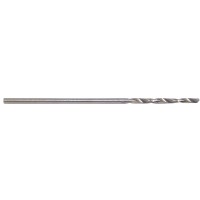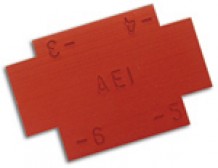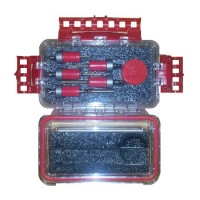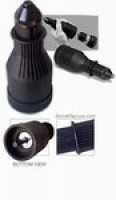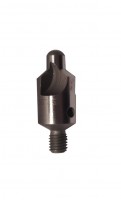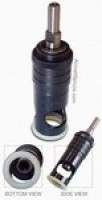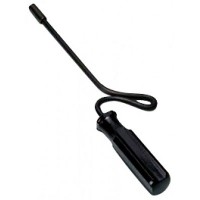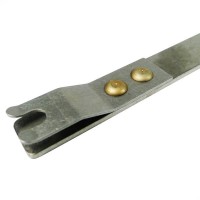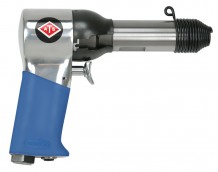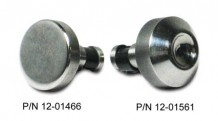Aircraft Spruce Canada
Brantford, ON Canada
Corona, CA | Peachtree City, GA
Chicago, IL | Wasilla, AK
Ez-Burr Rivet Hole Bundle
MFR Model# HSSBUNDLE-B
- JUMP TO
- Overview
- Reviews
- Q&A
- View in Catalog
Overview
|
The Rivet Hole Deburring Tool bundle by E-Z Burr includes 5 high performance HSS deburring tools for front and rear cutting. Sizes: 1/8, 5/32, 3/16, 7/32, & 1/4 E-Z Burr High Speed Steel (HSS) tools are the industry standard for quick, effective and consistent front and rear burr removal. No other HSS deburring tool is this durable. By designing the blade to operate independent from springs and plungers, E-Z Burr has created a deburring tool with a flexible blade and a solid shank for optimum performance for deburring metal or plastic components. In addition, the patented E-Z Burr HSS deburring tool allows you to change chamfer settings, from extreme low to extreme high, and cutting blades without removing it from the holder. Once the desired chamfer is set, it won't change, even from blade to blade. The result is less downtime, more production, and higher profits. HSS is known for its quality performance at low surface speeds to provide a good surface finish. It can withstand higher temperatures without compromising its hardness, which allows HSS to cut faster than high carbon steel. HSS also typically offers a high abrasion resistance when compared to carbon and other generic tool steels. The inherent toughness of HSS makes it an economical choice for doing batch runs or in a production environment when a reliable, stable performance is required. It is also the best choice when limited spindle RPM or horsepower is available. Unlike carbide, HSS can cut at slower speed and feed rates and therefore it is a great choice for deburring holes when using hand tools. |
Q&A
Please note, Aircraft Spruce Canada's personnel are not certified aircraft mechanics and can only provide general support and ideas, which should not be relied upon or implemented in lieu of consulting an A&P or other qualified technician. Aircraft Spruce Canada assumes no responsibility or liability for any issue or problem which may arise from any repair, modification or other work done from this knowledge base. Any product eligibility information provided here is based on general application guides and we recommend always referring to your specific aircraft parts manual, the parts manufacturer or consulting with a qualified mechanic.

 Aircraft Spruce Canada
Aircraft Spruce Canada






